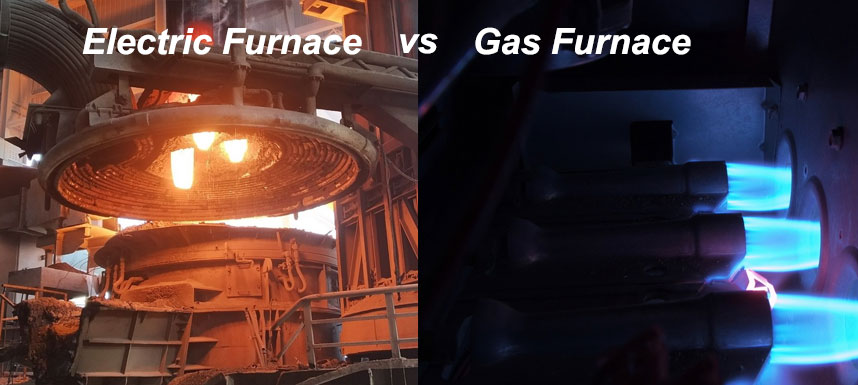
What’s better, Electric or Gas Furnace?
The choice between an electric or gas furnace depends on various factors, including energy costs, efficiency, installation considerations, and personal preferences. Both types of furnaces have their advantages and disadvantages. Here are some important points to consider:Electric Furnaces:
- Advantages:
- Efficiency: Electric furnaces are generally highly efficient in converting electricity into heat. It’s have a high AFUE (Annual Fuel Utilization Efficiency) rating.
- Installation: Electric furnaces are often easier and less expensive to install, especially in areas where natural gas lines are not readily available.
- Disadvantages:
- Operating Costs: In many regions, electricity tends to be more expensive than natural gas. As a result, the long-term operating costs of electric furnaces may be higher.
- Environmental Impact: The environmental impact of electric furnaces depends on the source of electricity. If the electricity is generated from fossil fuels, it may contribute to greenhouse gas emissions.
Gas Furnaces:
- Advantages:
- Lower Operating Costs: In areas where natural gas is relatively inexpensive compared to electricity, a gas furnace can result in lower heating costs.
- Quick Heat: Gas furnaces often provide a quicker and more powerful heat output, making them effective in colder climates.
- Disadvantages:
- Installation Cost: Gas furnaces can be more expensive to install, especially if gas lines need to be extended to the property.
- Efficiency: While modern gas furnaces are efficient, they may not be as efficient as high-end electric furnaces in converting fuel to heat.
Considerations:
- Regional Energy Prices: Compare the costs of electricity and natural gas in your region. In some areas, one energy source may be significantly cheaper than the other.
- Energy Efficiency: Check the AFUE ratings of both electric and gas furnaces. Higher AFUE ratings indicate greater efficiency.
- Environmental Impact: Consider the environmental impact of the energy sources in your region. If your electricity comes from renewable sources, the environmental impact of an electric furnace may be lower.
- Installation Costs: Consider the upfront costs of installing both types of furnaces, including any necessary modifications to your home.
- Heating Requirements: Your heating needs and the climate in your region can also influence the choice. Gas furnaces are often preferred in colder climates for their ability to provide strong, quick heat.
Get in Touch With Us
You will find yourself working in a true partnership that results in an incredible experience, and an end product that is the best.
Call us on
+91 99108 03241
Email us
info@amtechnosystems.com

Post A Comment